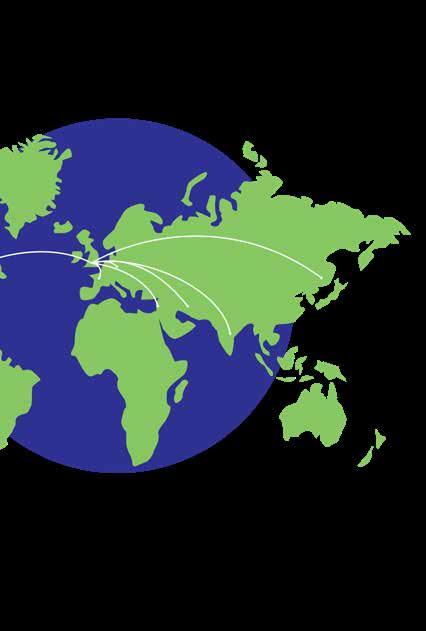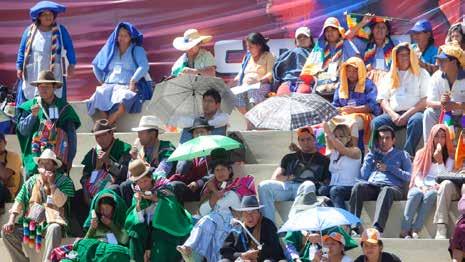Doaa Shabbir, PPE at Lady Margaret Hall
Socialism, Indigenous liberation, and climate justice 20
The scope of the climate crisis, and the threat it poses to our landscapes and livelihoods globally, has been well and firmly established. So too has the culpability of capitalism coming, as it does, into the natural world dripping blood and dirt from every pore. For indigenous populations especially, who are often at the forefront of resistance and resilience, climate change means the rampant destruction of their communities, the upheaval of food sources, and severe damages to health and wellbeing. Socialism, indigenous liberation, and climate justice must all inform one another in the plan for a way out, centring the shifting of land control and people’s organisation of development and resource extraction in their communities. Reflection on the situation at hand presents an opportunity to confront our relationship with the earth and nature, the balance of which indigenous communities have deeply honoured and upheld for centuries. The immediacy of the crisis necessitates a revolutionary roadmap; the actualisation of which will come to be just as certain as the crisis itself. Amongst the growing acknowledgement of capitalism’s inability to solve the climate crisis, and of its active role in the origins and perpetuation of climate devastation, is increasing recognition of the insufficiency of liberal institutions to answer the crisis in terms of environmental justice. For example, the United Nations Framework Convention on Climate Change’s Paris Agreement doesn’t feature discussion of climate debt or climate reparations, despite established inequalities around carbon emissions, as a result of uneven processes of capitalist development and imperial international relations. Furthermore, considering the contemporary background of economic stagnation, heavy corporate influence and the long-established power of fossil fuel interests over political systems, the carbon space being left to each country to manage has meant the agreement has already been, in practice, dismissed. Largely, the ruling class’ approach has been to resume on a ‘business as usual’ path despite the crisis at hand [1]. The Paris Agreement also fails to stand up to the scale of the challenge we face from a geographical standpoint; the 2°C threshold can not act as a protective barrier. Studies on tipping points display that under a 2°C change, eighteen out of thirty-seven abrupt changes predicted by climate scientists would still happen [2]. For vulnerable nations contributing under 2% of current global GHG emissions, this target could mean catastrophic consequences. Marx considers environmental crises to be crises of capital accumulation, rooted in imbalances between the material requirements of capital and the natural conditions under which raw materials are produced. Capitalist production, therefore, is simply a process of developing the techniques of the social process of production whilst at the same time undermining the original sources of all wealth - the worker and the soil. This analysis, however, also suggests that a competitive approach towards ‘reducing, reusing, and recycling’ still operates in the context of a system seeking to increase labour productivity through mass processing materials and energy into commodities. Under capitalist competition, lowering an enterprise’s private production costs per commo













